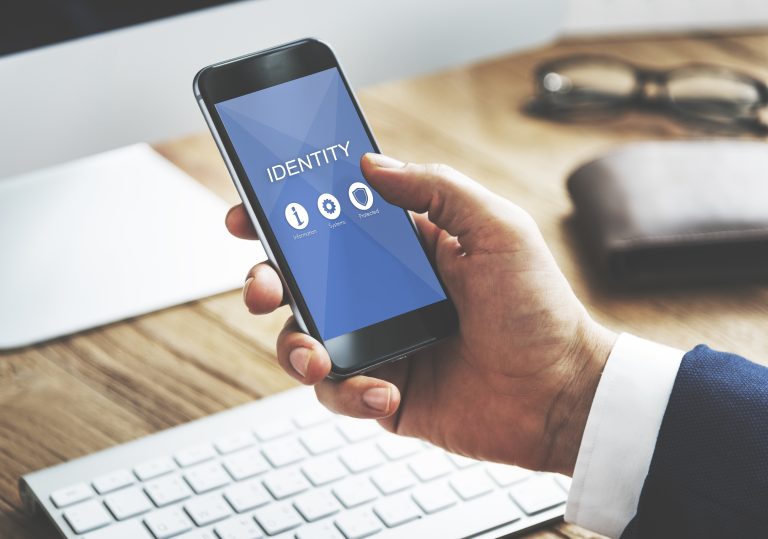The digital copies will be optional, but will not replace physical ones. Credit: Freepik.
Prague, Nov 29 (CTK) – Czech citizens and residents will be able to prove their identity to authorities and institutions with digital personal documents instead of physical ones from next year, as the Chamber of Deputies today approved the introduction of electronic copies of ID cards.
According to the government’s draft amendment to the law on the right to digital services, digital copies will be optional, but will not replace physical ones. It will also not be possible to use them for remote proof of identity.
The draft amendment will now go to the Senate.
The government expects the launch of the digital documents project to cost the state administration about CZK 500 million, and its annual operating costs to be CZK 50 million. However, the opposition ANO estimated that the initial costs for all institutions would reach CZK 1.5 billion.
The digital document will require a mobile phone application developed by the Digital Information Agency.
Deputy Prime Minister for Digitalization Ivan Bartos (Pirates) said the development was progressing well, a test run would be launched in December, and training sessions on the use of eDocuments were planned.
However, ANO MP Robert Kralicek said that the eDocument application is just a visible promotion of the Digital Information Agency and Bartos, and that the country should wait for the upcoming Europe-wide version. He tabled a proposal to return the amendment for a second reading in the Chamber, but it was unsuccessful.
Other state institutions, such as the police and customs authorities, will also be able to provide authentication applications, depending on their needs, if they are accredited by the agency. According to Bartos, this will support the implementation of the EU’s electronic wallet. Many parts of the application will be usable for it, he said.
The amendment foresees that the digital copy will have the same legal effect as the original document. It will not be possible to issue it without the existence of a physical document, and it will not contain any data beyond the physical document. People will be able to choose whether to prove their identity with a normal document or digitally. The state administration will be obliged to accept both versions of the ID card. However, digital documents will not be used to travel abroad and a standard ID card will still be required.
The obligation to accept digital versions of ID cards is to be introduced gradually. From the beginning of the year, they should be accepted by central state administration bodies, and by regions and the police from July. In 2025, the obligation should be extended to all remaining administrative bodies, including embassies.
The government says the amendment will contribute to the digitalisation of the public sector. In the proposal, the cabinet points out that digital identical documents are already in common use in the private sphere, citing digital versions of physical payment cards as an example.







